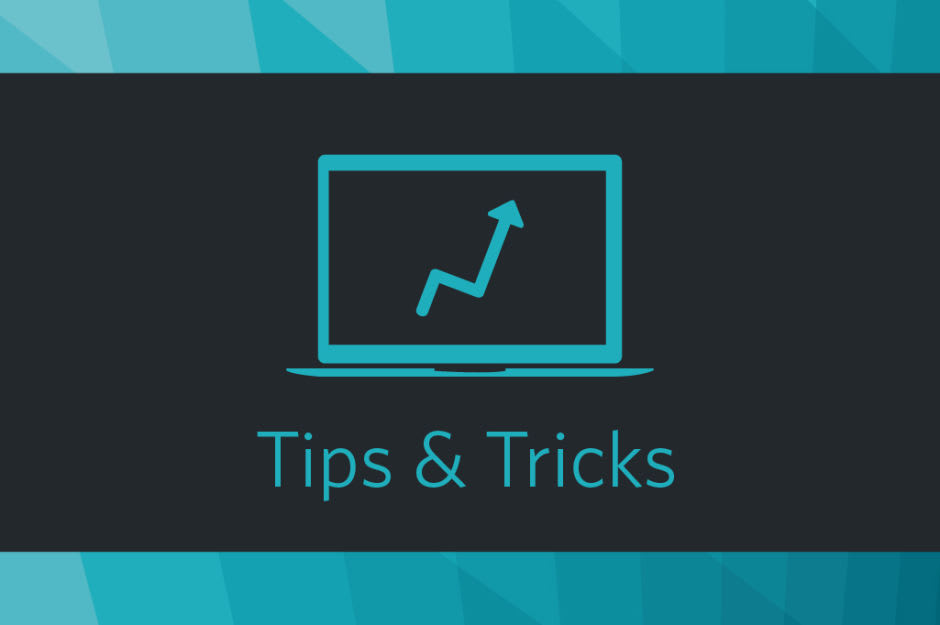Search engines consider every page on your website as a potential landing page. If the page can be accessed by a user, it will be crawled and indexed by search engines – it is your job to ensure it is of good quality.
To create a quality landing page you need to ask yourself these fundamental questions:
- Does your page attract and retain the visitor’s attention?
- Are you answering the user’s needs? E.g. does your page provide a solution or a relevant product suggestion?
- Does your page encourage visitors to choose your solution over that suggested by a competitor?
- Does your page contain working links and/or referrals?
- Does your page contain clear and relevant calls to action to ensure a smooth customer journey?
Each page on your site needs to have a purpose and entice the user to perform an action. Where to start? Let’s consider the priority pages:
- Home Page: the most visited and impressionable page on your site
- About Us: it has been revealed that users who have seen an About Us page are more likely to convert overall
- Contact Us: this page must provide relevant and up-to-date details and varying contact options to ensure accessibility for all users
- Category Pages: a must for SEO optimisation – the watershed moment for visitors within the research and buying phases of the customer journey, the gateway to the end product and conversion
- Product Pages: the key here is detail – provide relevant product information e.g. colour, size, type, quantity
- FAQs: search engines generate answers to user search questions, FAQ pages are great platforms for you to ensure the required information is provided by your site
- Blogs/Content Pages: ensure you are frequently publishing quality material. The effect is two-fold, not only do regular and fresh content encourage search engines to crawl your site more frequently, it also entices users to return to your site and increase the time spent on your pages. This signifies a satisfactory user experience and may boost your page rankings.
Review the basic framework of your site and assess the quality of your links and content – are you providing a solution for your users? Is your site easy to access and navigate?
What may seem like simple changes now can serve to positively impact your SEO efforts for the future. For more information on SEO, take a look our Off-Page Optimisation tips here and our Keyword Guide here.
